1. The Last Picture Show
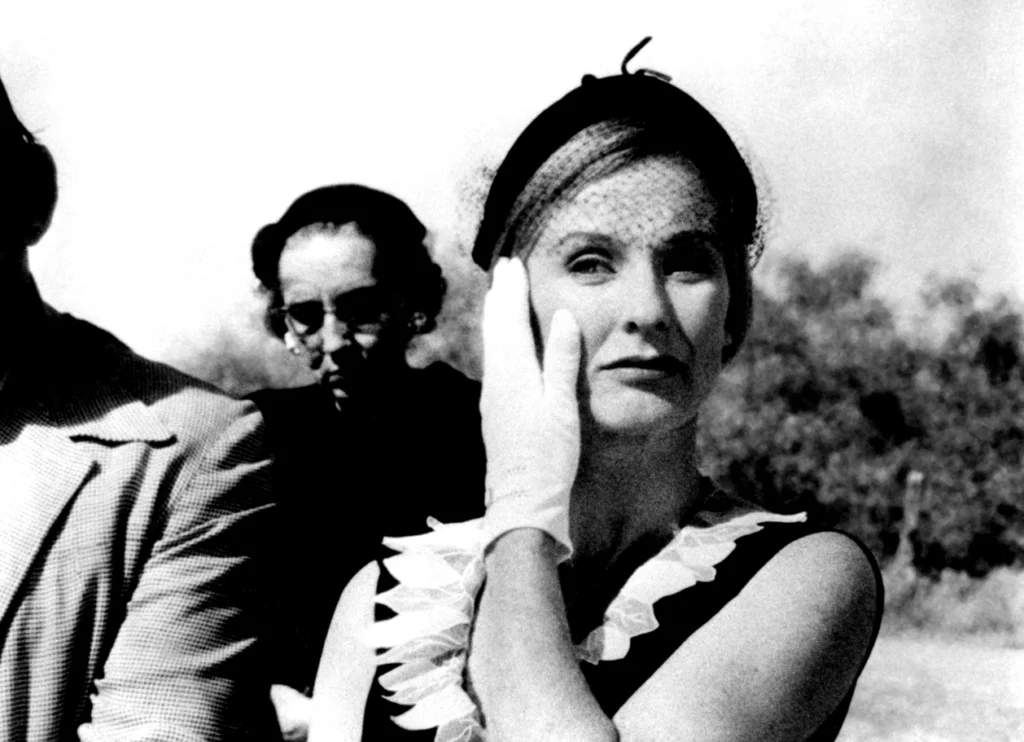
When The Last Picture Show was released in 1971, it felt like a quiet masterpiece about small-town America in decline. Shot in black and white, it told the bittersweet coming-of-age story of a group of Texas teens in the early ‘50s, dealing with love, loss, and the slow death of their hometown. Critics adored it, and it earned eight Oscar nominations, with Cloris Leachman and Ben Johnson taking home statues. Back then, it was considered essential viewing for anyone who wanted to understand generational change.
Today, though, it’s rarely talked about outside of film school circles, despite being one of the decade’s most honest portrayals of growing up. Its slower pace and subtle performances might not grab modern audiences right away, but they reward patience. The film’s quiet power comes from its ability to make you feel both the nostalgia and the melancholy settle in. It’s a reminder that some of the most memorable stories don’t have to shout to leave a lasting impression.
2. Five Easy Pieces
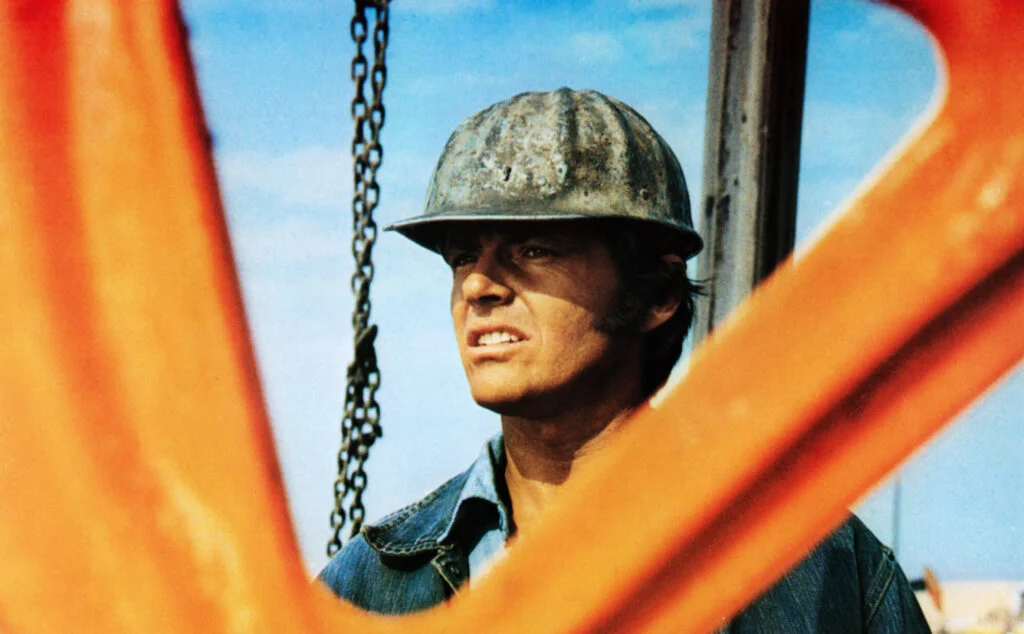
In 1970, Jack Nicholson cemented himself as a star with Five Easy Pieces, a raw character study that still hits hard. He played Bobby Dupea, a former piano prodigy who walked away from privilege to live a blue-collar life. The film became famous for its “chicken salad sandwich” diner scene, but its real power came from exploring the isolation and restlessness of the era. It spoke to a generation questioning societal norms and family expectations.
While it was once considered a must-see slice of ‘70s counterculture, it’s now overshadowed by Nicholson’s more famous roles. That’s a shame, because it’s one of his most restrained and layered performances. Revisiting it today feels like stepping into the mindset of a country in transition. It’s a film that lingers with you, long after the credits roll.
3. Claudine
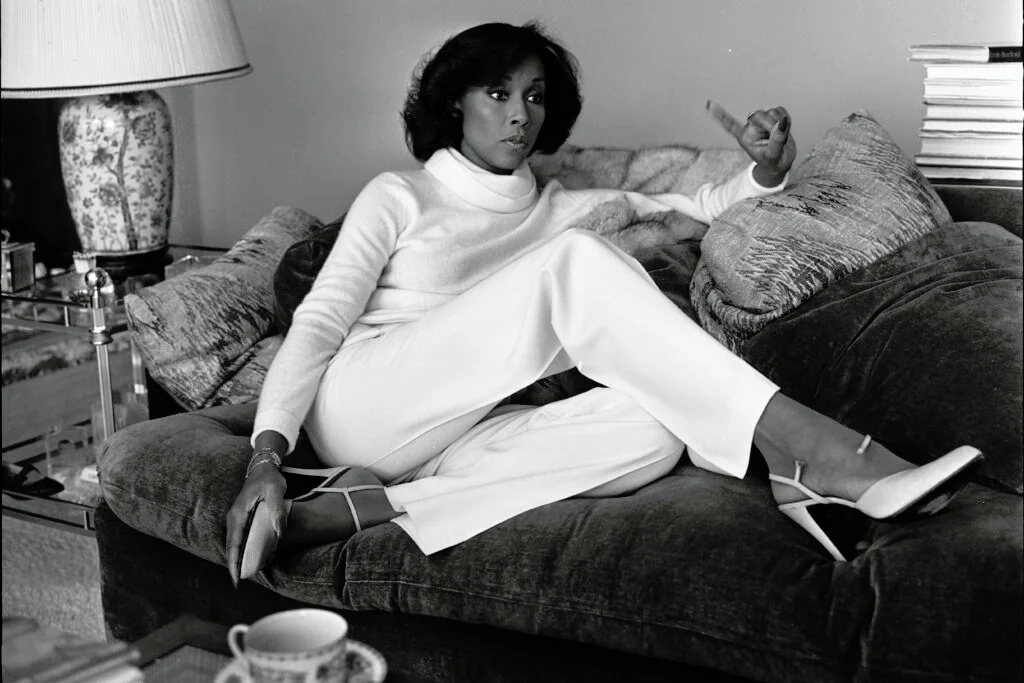
Claudine (1974) offered a rare and heartfelt look at Black family life during a time when such stories were almost never told on screen. Diahann Carroll starred as a single mother of six in Harlem, trying to balance love, work, and welfare restrictions. James Earl Jones played her garbage-collector boyfriend, and the two had electric chemistry. The film was both romantic and socially conscious, tackling poverty and systemic barriers without losing its warmth.
Carroll’s performance earned her an Oscar nomination, but the movie has largely slipped out of pop culture conversation. Its soundtrack, written by Curtis Mayfield and performed by Gladys Knight & the Pips, is still a hidden gem. It’s the kind of film that reminds you social commentary and love stories can live in the same space. For those who discover it now, it feels like finding a lost treasure.
4. Alice Doesn’t Live Here Anymore
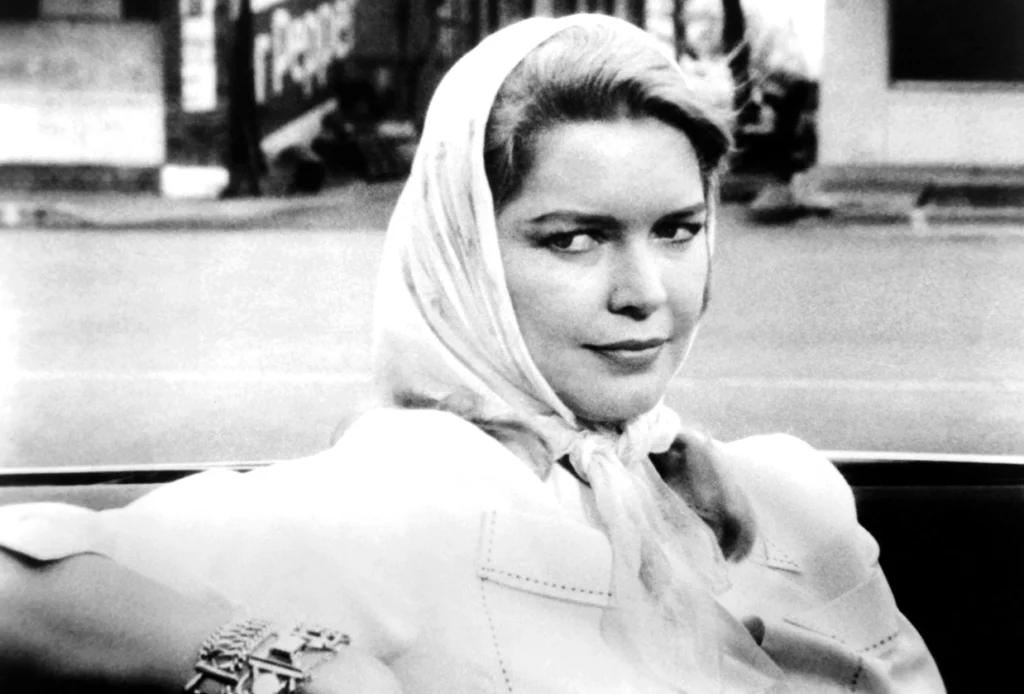
Before Ellen Burstyn became the tough mom in The Exorcist, she headlined Alice Doesn’t Live Here Anymore (1974), a moving portrait of reinvention. She played a widow who hits the road with her young son, hoping to revive her dream of becoming a singer. Directed by Martin Scorsese, it’s far softer and more intimate than his later crime dramas. The film captured the uncertainty many women faced in the ‘70s when stepping outside traditional roles.
Burstyn won an Oscar for her performance, yet the film’s legacy has faded outside of cinephile circles. It even inspired the sitcom Alice, though the series was far lighter in tone. Watching it now is a reminder of how fresh and quietly revolutionary its perspective once was. It’s a gem that deserves to be remembered for more than just inspiring a TV show.
5. Bound for Glory
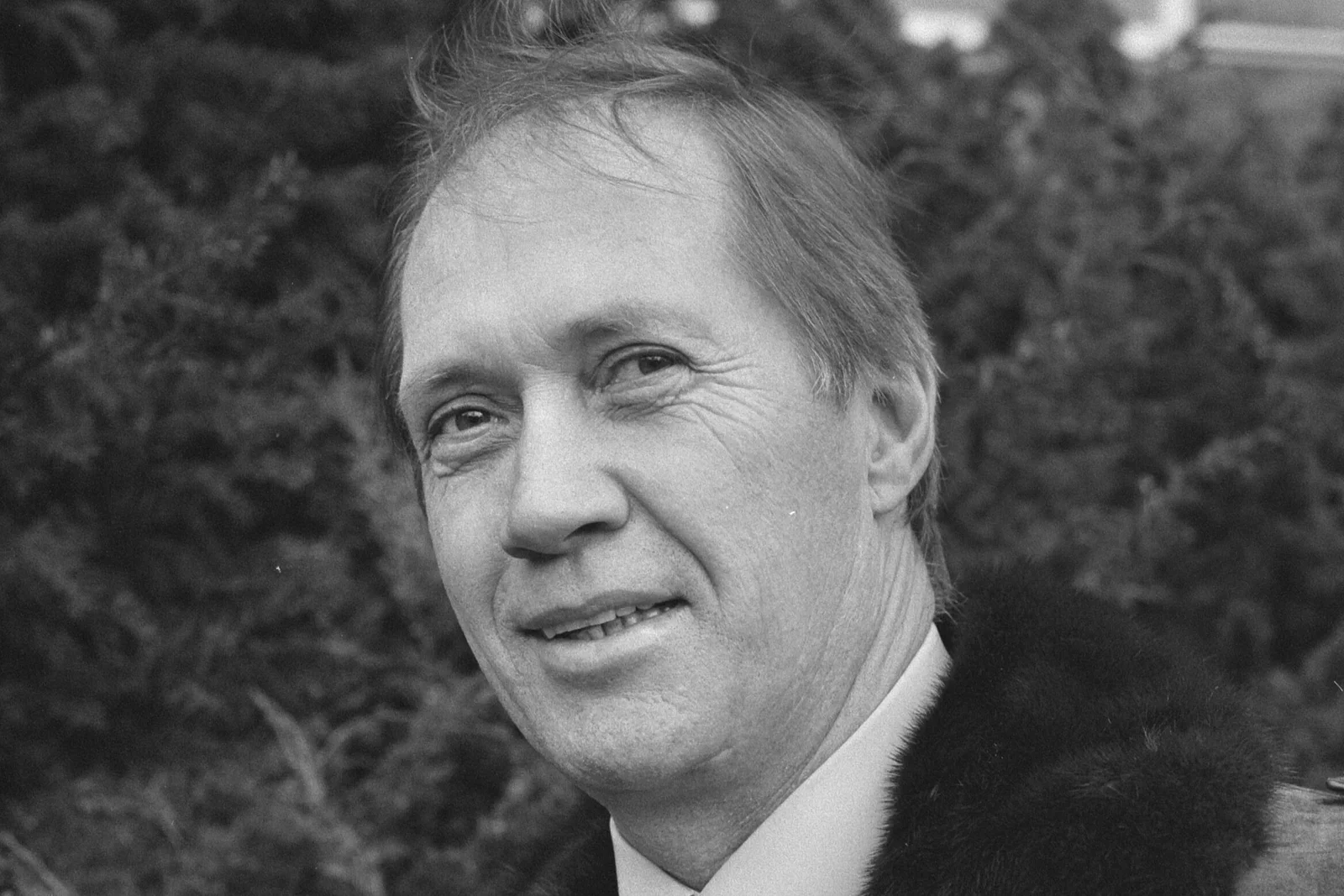
Hal Ashby’s Bound for Glory (1976) was a sweeping biopic about folk singer Woody Guthrie, played by David Carradine. It told the story of Guthrie’s travels during the Dust Bowl, blending his music with a larger portrait of America in hardship. It was the first film to use the Steadicam in a major way, which gave it a striking, fluid visual style. At the time, it was praised for its artistry and political resonance.
Today, though, it’s rarely mentioned, perhaps because Guthrie’s life has been overshadowed by later folk icons. Still, it captures the restless spirit and social conscience that resonated with ‘70s audiences. For those who love music history, it’s a quietly powerful experience. It’s a film that moves at its own pace, but rewards those willing to follow along.
6. The Friends of Eddie Coyle
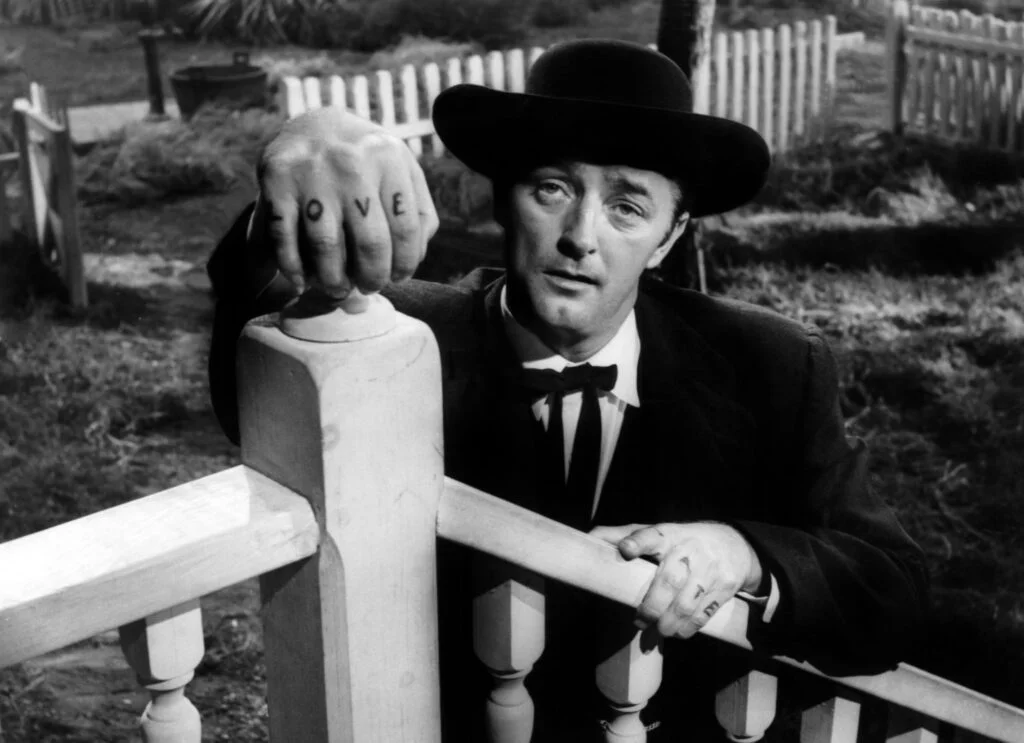
Released in 1973, The Friends of Eddie Coyle is one of the most understated crime dramas of its time. Robert Mitchum played a small-time Boston gunrunner facing prison and desperate to cut a deal. Unlike the flashy crime films that followed, this one was grounded, gritty, and deeply human. It painted a bleak picture of loyalty and survival on the margins.
Critics loved it, but it never became a box office hit, which helped it fade into obscurity. Mitchum’s weary, lived-in performance is a masterclass in subtle acting. If you like your crime stories without glamour, this is as authentic as they come. It’s the kind of movie that stays with you precisely because it feels so real.
7. Shampoo
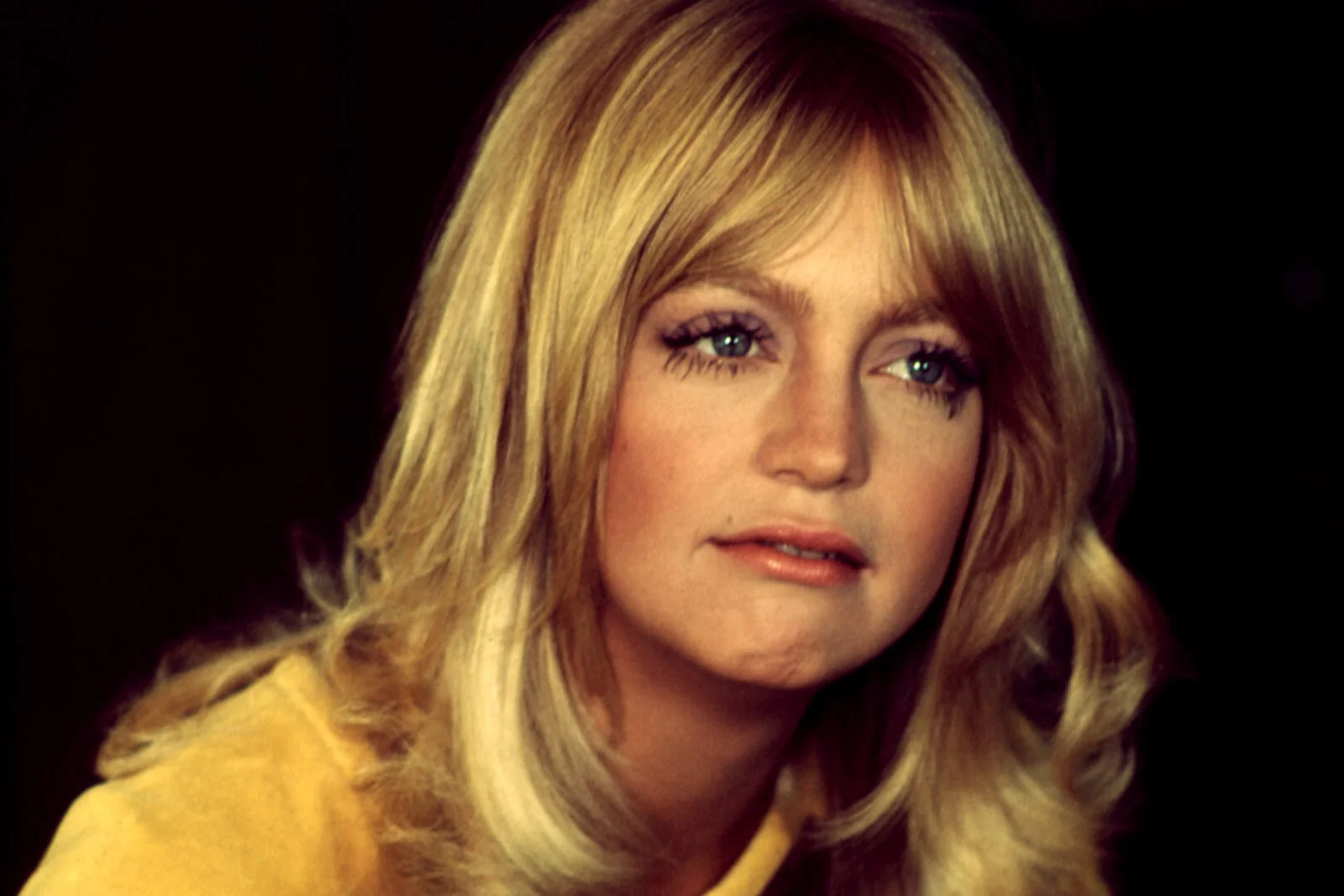
When Shampoo hit theaters in 1975, it was both a comedy and a time capsule. Starring Warren Beatty as a charismatic hairdresser juggling clients and lovers, it captured the sexual politics and restlessness of the late ‘60s. With a supporting cast that included Goldie Hawn, Julie Christie, and Lee Grant, it was sharp, funny, and satirical. At the time, it was a huge hit, tapping into the mood of post-hippie disillusionment.
These days, it’s rarely discussed, possibly because its cultural references feel tied to its era. Still, it’s worth revisiting for its clever writing and performances. Beatty’s charm and the biting humor make it a fascinating watch. It’s one of those films that reveals more on a second viewing.
8. Scarecrow
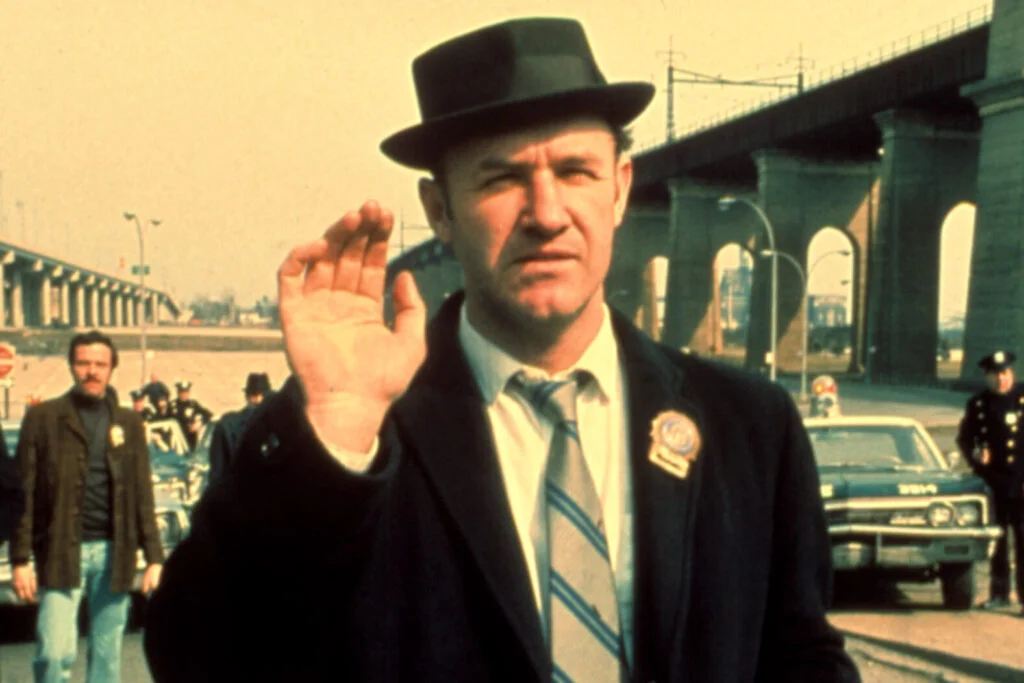
Scarecrow (1973) paired Gene Hackman and Al Pacino as two drifters with big dreams and bad luck. The film follows their cross-country journey, mixing humor with moments of heartbreaking realism. It didn’t make much money at the time, but critics praised its performances and offbeat charm. The chemistry between Hackman and Pacino is undeniable, with each playing against type.
It captured a sense of loneliness and searching that many in the ‘70s could relate to. Over time, it’s been largely forgotten, overshadowed by both actors’ bigger hits. Watching it now, you can see why it quietly won the Palme d’Or at Cannes. It’s a road movie with a soul, and it deserves to be rediscovered.
9. The Paper Chase
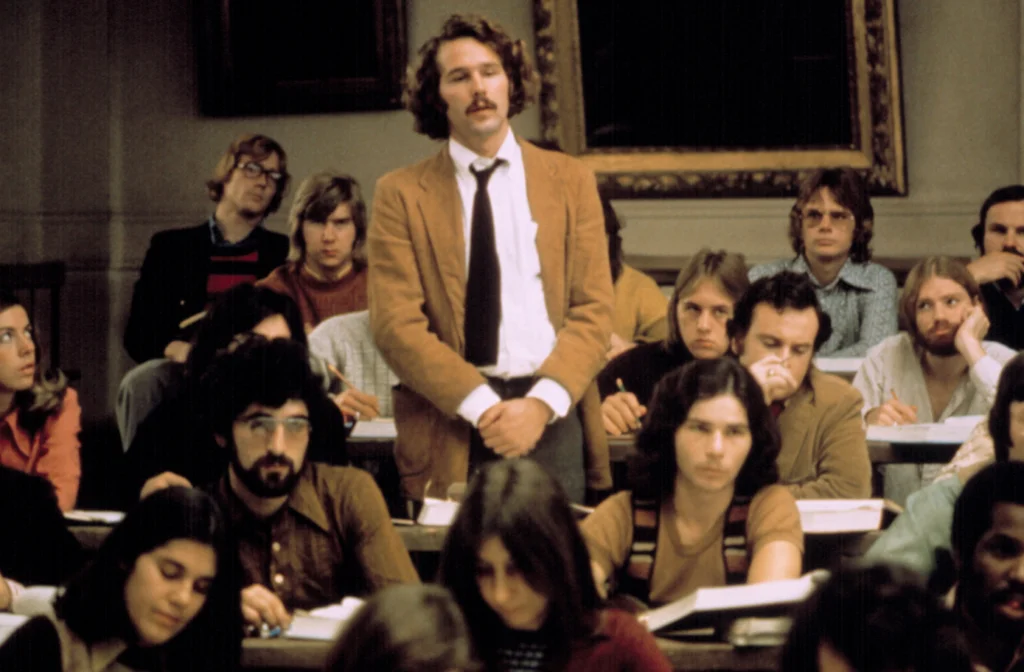
In 1973, The Paper Chase gave audiences a tense, intellectual drama set in Harvard Law School. Timothy Bottoms starred as a first-year student struggling under the intimidating presence of Professor Kingsfield, played by John Houseman. The dynamic between student and teacher became the heart of the film, showing how personal ambition and academic pressure collide. Houseman’s performance won him an Oscar, and the film even inspired a TV series.
Despite its success at the time, it’s mostly slipped out of the public eye. Its themes of perseverance and self-discovery still resonate, especially for anyone who’s ever been pushed to their limits. It’s a reminder that not all ‘70s films were about action or counterculture—some thrived on sharp dialogue and quiet tension. It’s still worth a watch for its intelligence and wit.
10. Mikey and Nicky
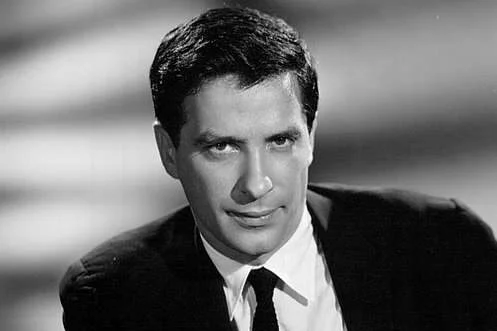
Elaine May’s Mikey and Nicky (1976) is a tense, intimate mob drama with a twist—it’s as much about friendship as it is about crime. John Cassavetes plays Nicky, a paranoid low-level gangster convinced a hit is out on him. Peter Falk is Mikey, his old friend who’s trying to help, or maybe not. Shot with a raw, improvisational style, it captures the messy, unpredictable nature of relationships.
At the time, it struggled commercially, in part due to studio interference. Over the years, it’s been reevaluated as a hidden gem, but it’s still not widely known outside film buffs. Watching it feels like eavesdropping on something deeply personal. It’s one of those rare crime films that values emotional truth over gunfire.
11. Over the Edge
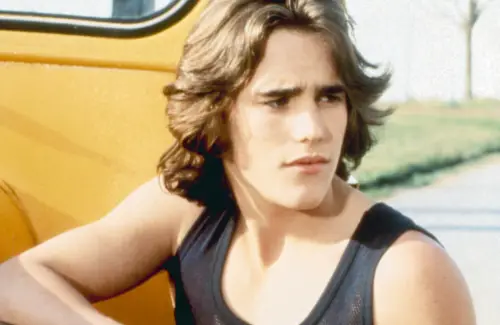
Over the Edge (1979) didn’t make a huge splash when it came out, but it became a cult classic later. It’s a gritty teen drama about suburban boredom boiling over into rebellion, inspired by real incidents in Colorado. Featuring a young Matt Dillon in his film debut, it felt authentic in a way few teen movies did at the time. It was so raw that some schools refused to let it be shown.
The film tapped into the fears of parents and the frustrations of youth in a rapidly changing America. While it’s not widely remembered today, it directly influenced later films like Dazed and Confused. Its honesty still packs a punch. It’s a time capsule of teenage restlessness that still feels relevant.
12. The Parallax View
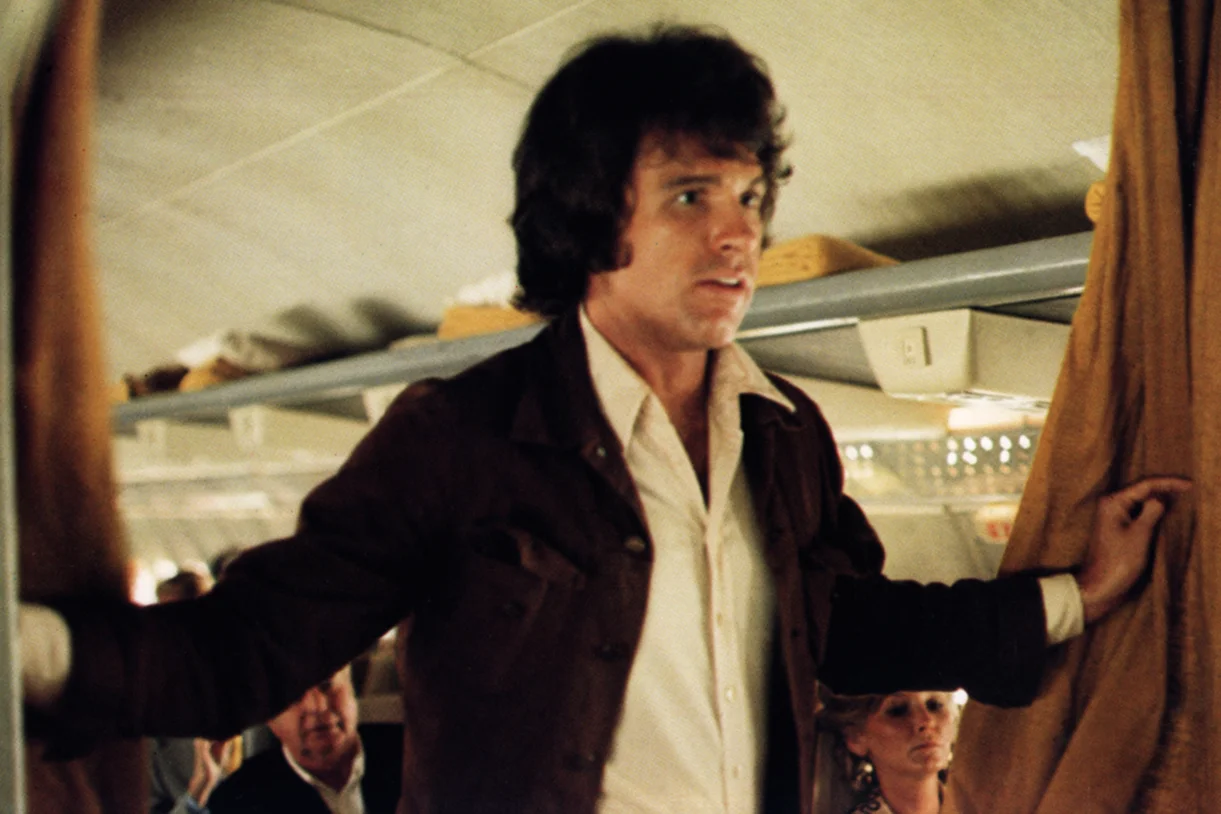
Alan J. Pakula’s The Parallax View (1974) is a paranoid political thriller starring Warren Beatty as a reporter uncovering a sinister conspiracy. It was part of the era’s “paranoia trilogy” alongside Klute and All the President’s Men, reflecting post-Watergate distrust in government. The film’s chilling tone and unsettling imagery stuck with audiences at the time.
Over the decades, though, it’s been eclipsed by other political thrillers. That’s unfortunate, because its themes feel just as relevant today. It’s a slow burn, but the tension builds until you can’t look away. Revisiting it now feels eerily timely.


